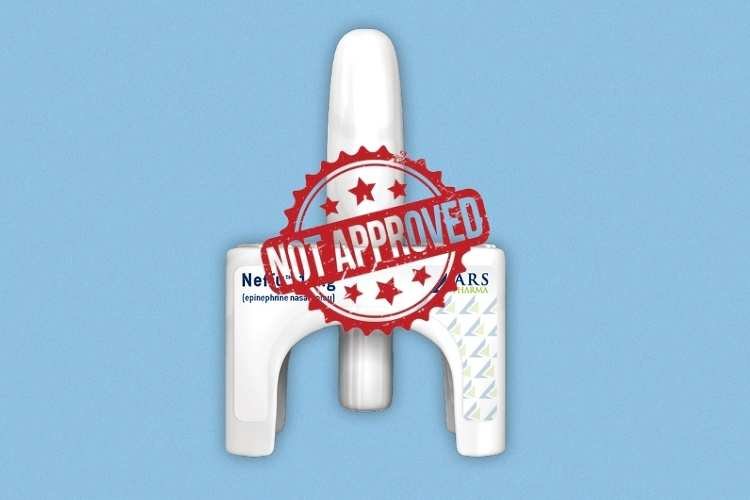While positive votes from FDA advisory committees often bode well for drug approvals, ARS Pharmaceuticals experienced an unexpected setback when the FDA rejected its anaphylaxis nasal spray, Neffy. This epinephrine nasal spray, designed to treat type I allergic reactions and anaphylaxis in both adults and children, had received a favourable recommendation from the FDA’s Pulmonary-Allergy Drugs advisory committee (PADAC). In response to the rejection, ARS intends to submit a formal dispute resolution request to appeal the complete response letter (CRL) issued by the FDA.
The FDA’s rejection is based on its request for additional study data concerning repeat doses of Neffy compared to repeat doses of injectable epinephrine for allergen-induced allergic rhinitis conditions. This requirement marks a departure from the previous alignment between ARS and the FDA, as PADAC had voted in May to approve Neffy without the need for further efficacy or safety studies.
Additionally, ARS had already collaborated with the FDA in August to finalize labeling and establish a post-marketing study plan. The sudden change in study requirements has taken the company by surprise, given the positive advisory committee vote.
Analysts, including William Blair’s Tim Lugo, share ARS Pharmaceuticals’ astonishment at the FDA’s decision. Lugo noted that the decision introduces complexities and potentially extends an already lengthy development process for Neffy. This situation has raised questions about the FDA’s willingness to approve the therapy, particularly as the pathway for Neffy has exceeded the development timelines of epinephrine products like EpiPen.
Despite the setback, ARS Pharmaceuticals plans to resubmit its Neffy application in the first half of 2024, positioning it for a potential FDA decision in the latter half of the same year. The company expects to have approximately $195 million in cash on hand at the anticipated launch, providing it with sufficient capital to weather the delay.
The news of Neffy’s rejection has had a significant impact on ARS Pharmaceuticals’ stock price, which saw a decline of approximately 56% on the morning following the announcement.





























